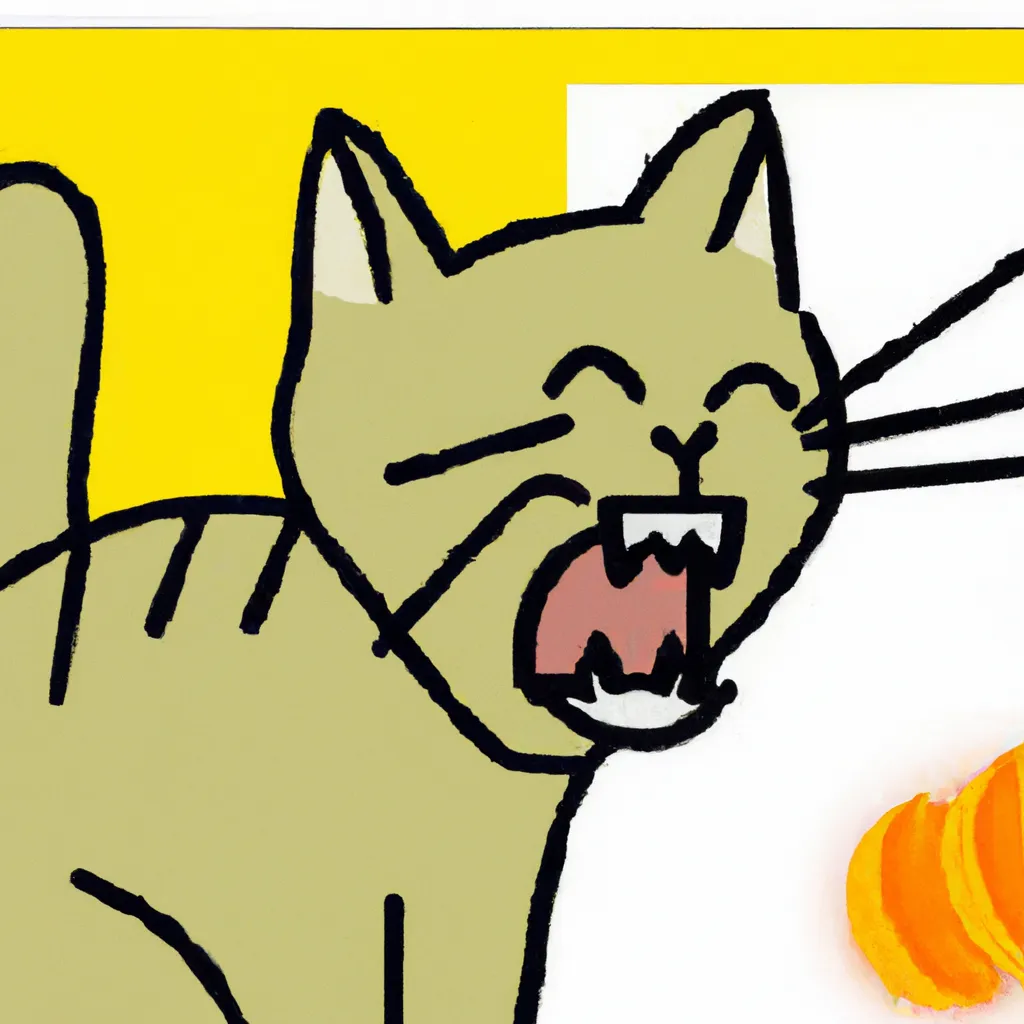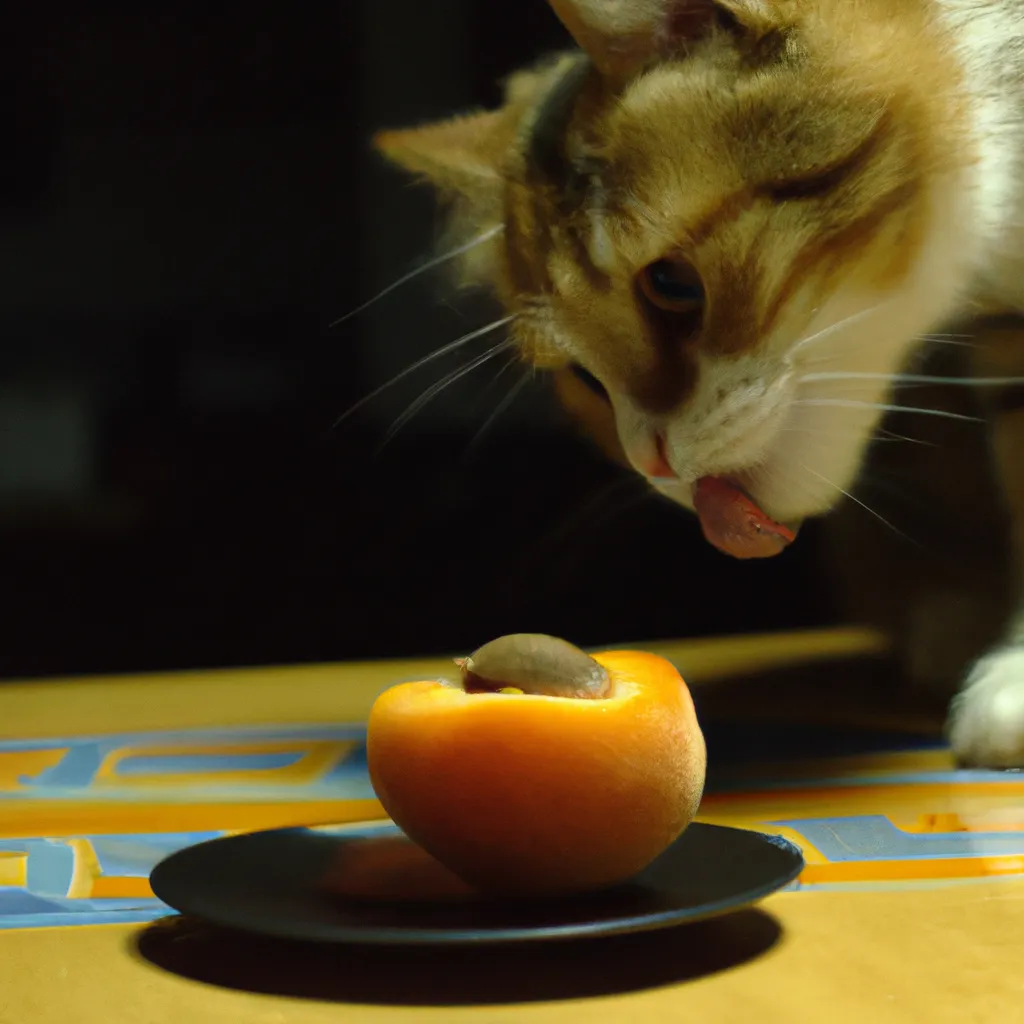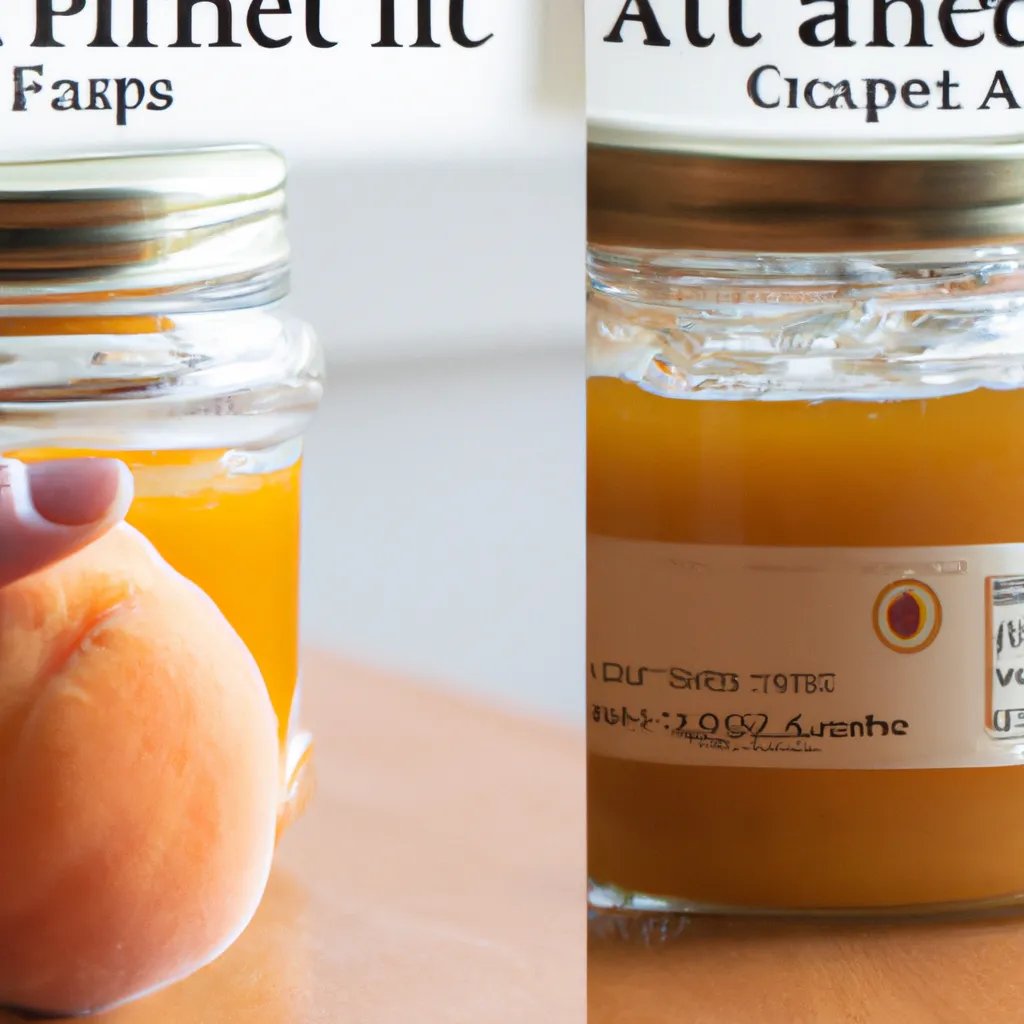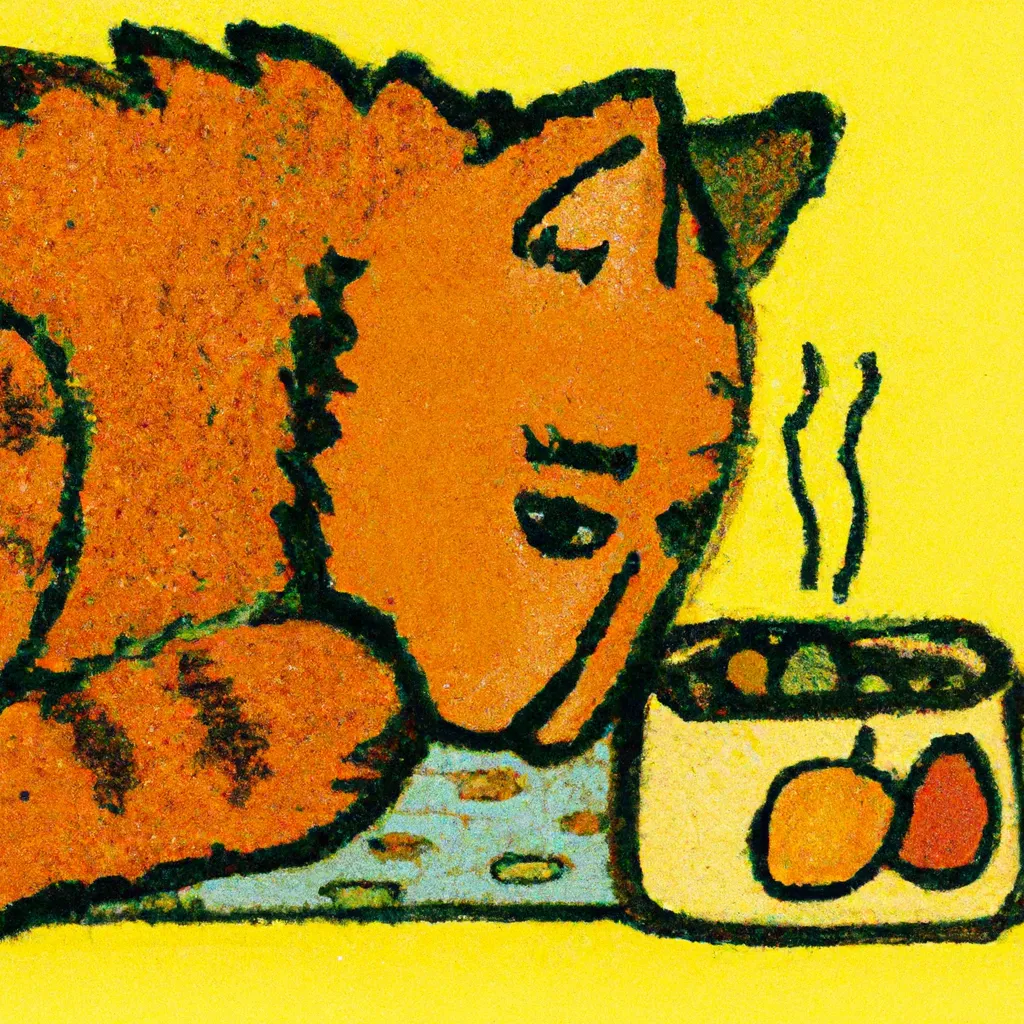Embarking on a feline culinary adventure, we whisk our curiosity into the world of cats and apricots. As feline aficionados, we all know that the dietary needs of our beloved whiskered companions are as unique as their charming personalities. Cats are obligate carnivores, meaning their primary food source is meat. However, the question that often tickles our curiosity is: “Can cats partake in the sweet delight of apricots?”
Apricots, those sun-kissed, sweet, and tangy orbs of delight, are a feast for our human taste buds. But does this fruity delicacy hold the same appeal for our feline friends? Or, more importantly, is it safe for them? This article will explore the potential effects of apricots on our feline companions, delving into the intriguing intricacies of cat nutrition and health. We’ll decipher the mystery surrounding apricots, from the innocuous fruit flesh to the potentially harmful apricot seeds.
As we navigate through the sweet and sour realms of apricots, we’ll delve into whether these fruits are a feline foe or a harmless treat. We’ll uncover the symptoms of apricot poisoning, discern the toxicity levels, and provide guidance on what to do if your curious kitty has a run-in with this fruit. We’ll also explore if cats have a predilection for apricots, and if these fruits offer any health benefits for our furry friends.
Furthermore, we’ll delve into the sticky world of apricot jam and whether it’s a sweet treat or a sticky situation for cats. We’ll also explore the potential dangers of apricot seeds and discuss safe, cat-friendly alternatives to apricots. Finally, we’ll round off our exploration with a look at the best foods for our feline companions, ensuring they stay healthy, happy, and ready for their next adventure.
So, dear cat lovers, join us as we journey into the world of cats and apricots, unraveling the mysteries and debunking the myths. Let’s ensure our furry friends continue to purr with health and happiness, one bite at a time.
Is apricot Bad for Cats?
Apricots are not inherently harmful to cats, but they should be consumed with caution. While the flesh of the apricot is generally safe, the pit, leaves, and stems contain cyanogenic glycosides – substances that can lead to cyanide poisoning in cats. The symptoms may include dilated pupils, difficulty breathing, and shock. Therefore, if you decide to feed your feline friend apricots, ensure you remove all these potentially dangerous parts. However, it’s important to remember that cats are obligate carnivores and their primary diet should consist of meat. Fruits like apricots should only be an occasional treat and not a regular part of their diet. Always consult with your vet before introducing new foods into your cat’s diet.
Why is apricot bad for cats?
Apricots, while seemingly innocuous, can pose a significant threat to your feline friends. The main danger lies not in the fruit’s flesh, but in its pit, leaves, and stems, which contain cyanogenic glycosides, a natural toxin that can lead to cyanide poisoning in cats. When ingested, these parts of the apricot can cause a rapid release of cyanide into the cat’s bloodstream, disrupting the normal oxygen flow and potentially causing serious harm.

What are the symptoms of apricot Poisoning in Cats?
Recognizing the symptoms of apricot poisoning in cats is crucial for their swift recovery. Initial signs might include dilated pupils, panting, and excessive salivation, which can swiftly progress to more severe symptoms such as difficulty breathing, vomiting, and diarrhea. In extreme cases, your cat may exhibit signs of shock or even collapse. If you notice any of these symptoms and suspect apricot poisoning, it is imperative to seek immediate veterinary care to ensure your cat’s survival.
How much apricot is toxic to cats?
While apricots can be a delightful summer treat for humans, they can spell trouble for our feline companions. The ingestion of large amounts of apricot flesh, though not typically toxic, can cause gastrointestinal upset in cats due to its high fiber content. However, the real danger lies in the apricot pit, leaves, and stems, which contain cyanogenic glycosides, a compound that can release cyanide when ingested. Even a small amount of these parts can prove toxic to cats, potentially leading to symptoms like dilated pupils, difficulty breathing, and shock. Therefore, it’s crucial to keep these parts of the apricot away from your furry friend’s reach.
Just to put it into perspective, the ingestion of a single apricot pit could cause cyanide poisoning in cats. The severity of the toxicity can vary based on the size of the cat and the amount ingested. Immediate veterinary attention is required if you suspect your cat has ingested any part of the apricot other than the flesh.
While it may be tempting to share a bite of your apricot with your feline friend, it’s best to err on the side of caution. There are plenty of cat-safe fruits and alternatives that can be offered instead, ensuring your cat’s health and safety without compromising on the variety in their diet.
Can Cats Die From apricot?
No, cats are unlikely to die from eating apricots, given they consume it in moderation. However, it’s crucial to note that the seeds, leaves, and stems of apricots contain cyanide, a toxic compound that can be lethal to cats if ingested in large amounts. While the apricot flesh is generally safe, it’s best to serve it sparingly, considering our feline friends’ unique dietary needs and smaller body size. Remember, the overarching aim is to secure the well-being of our whiskered companions, so when in doubt, always consult with a professional veterinarian.
What to do if cat ate apricot? How to help?
First and foremost, don’t panic if your feline companion has consumed an apricot. While apricots are not inherently toxic to cats, the seeds, stems, and leaves contain cyanogenic glycosides, which can be harmful if ingested in large quantities. If your cat has eaten a significant part of the apricot, especially the pit, it’s crucial to monitor them for signs of distress, such as vomiting, diarrhea, or difficulty breathing.
Immediate action is essential. If you notice any unusual behavior, contact your vet or a pet poison helpline right away. They can provide you with the best course of action based on your cat’s size, age, and overall health. In some cases, inducing vomiting may be recommended, but this should only be done under professional guidance to prevent aspiration or other complications.
Prevention is always better than cure. To avoid any potential health risks, it’s advisable to keep apricots and other stone fruits out of your cat’s reach. Instead, provide them with a balanced diet tailored to their needs, supplemented with safe, cat-friendly treats. Remember, cats are obligate carnivores, and their diet should primarily consist of meat.
What will a vet do if a cat is poisoned by apricot?
If a cat is poisoned by an apricot, a veterinarian will immediately commence a treatment protocol that typically includes inducing vomiting, administering activated charcoal to bind the toxins, and providing intravenous fluids to support kidney function and help flush the toxins from the body. In severe cases, additional interventions such as oxygen therapy or medications to control seizures may be necessary. The vet may also monitor the cat’s vital signs and perform blood tests to assess the level of toxin in the body and the impact on the cat’s organs. It’s essential to seek veterinary care promptly if you suspect your cat has ingested apricot, as the seeds, leaves, and stems contain cyanogenic glycosides, which can cause cyanide poisoning in cats.

Do cats like apricot?
Generally, cats do not show a particular interest in fruits, including apricots. This is largely due to their carnivorous nature and their inability to taste sweetness, a trait unique to felids. While the flesh of the apricot is safe for cats in small amounts, it’s not nutritionally necessary for them and doesn’t typically appeal to their palate. More importantly, the pit, leaves, and stems of the apricot are toxic to cats. Therefore, it’s best to keep cats away from apricots to prevent accidental ingestion of the harmful parts.
Is apricot good (healthy) for cats?
Yes, apricots, in moderation, can indeed be a healthy treat for cats, although they are not a necessary part of their diet. Apricots are packed with vitamins A and C, both of which support the immune system and overall feline health. However, it’s essential to remove the pit before offering an apricot to your kitty, as it contains cyanide, which is toxic to cats. Moreover, only fresh, ripe apricots should be given, and in small amounts, since too much can cause digestive upset. Remember, while apricots can provide a beneficial boost of vitamins, they should never replace a cat’s primary diet of high-quality cat food.

Can cats eat apricot jam?
No, apricot jam is not a suitable food for cats. Apricot jam, or any kind of jam for that matter, is typically loaded with sugars and preservatives, which are unhealthy for cats. In fact, high sugar intake can lead to obesity and diabetes in cats, just as it can in humans. Furthermore, some jams may contain artificial sweeteners like xylitol, which is extremely toxic to cats. Therefore, even though your feline friend might show interest in your apricot jam, it’s best to keep this sweet treat to yourself and stick to cat-friendly foods for your furry companion.
Can cats eat apricot seeds?
No and cats should not eat apricot seeds. The reason behind this caution is that apricot seeds, like many other fruit pits, contain a compound called amygdalin, which breaks down into hydrogen cyanide when ingested. This substance is toxic to cats and can cause severe health issues, including difficulty breathing, dilated pupils, and even potentially fatal reactions. While cats might be intrigued by the unique texture and playful roll of these seeds, it’s best to keep them out of paw’s reach to ensure their safety.
Are there safe alternatives to apricot for cats?
For those feline friends who seem to have a penchant for fruit, there are indeed safer alternatives to apricots. Ripe blueberries, for instance, make a fantastic substitute. These tiny, round fruits are not only safe for cats to eat but also packed with antioxidants, which can contribute positively to their overall health. Another great option is melon, specifically watermelon or cantaloupe, both of which are hydrating and nutritious, as long as they’re served without the seeds and rind. Remember, moderation is key when introducing any new foods into your cat’s diet, and it’s always wise to consult with your vet before making any significant dietary changes.

What is the best food for cats?
When it comes to feline nutrition, the best food for cats is a balanced diet that includes high-quality proteins, certain fats, and a minimal amount of carbohydrates. It’s crucial to provide a mixture of both wet and dry food, as the former aids in hydration while the latter helps maintain dental health. However, incorporating fruits like apricots should be done cautiously. Although non-toxic, apricots should only be given in moderation due to their high sugar content, and the pit should be completely avoided as it contains cyanide, which is harmful to cats. Always consult with your vet before introducing new foods into your cat’s diet to ensure they remain happy, healthy, and well-nourished.
Subscribe to our email newsletter to get the latest posts delivered right to your email.
